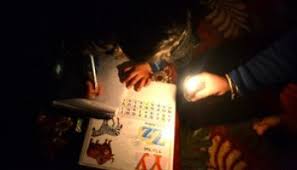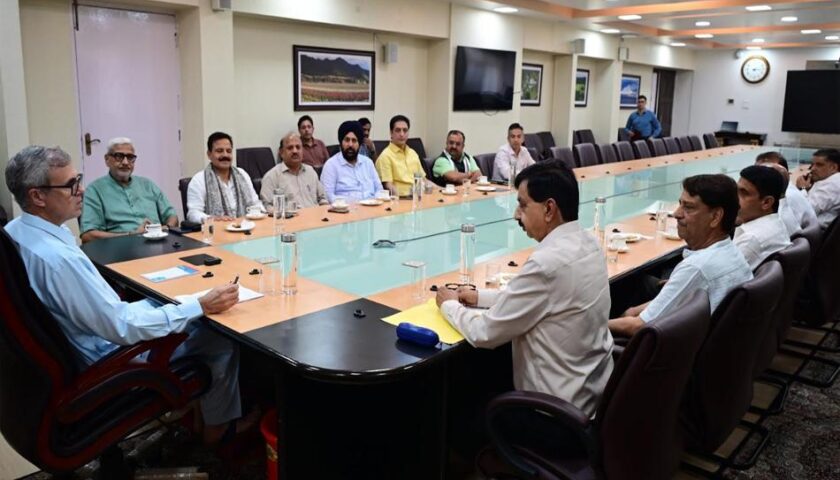Have infrastructure for only 1300 MWs power: CE
The Government of India’s (GoIs) decision to allocate 792 MWs of electricity can’t help overcome power crises as the existing infrastructure lacks capacity to transmit more than 1300 MWs electricity, officials said. The requirement of electricity was 1700 MWs.
The power “curtailment schedule” will get worse, sources in Power Development Department (PDD) told Kashmir Post, and “additional allocation of power won’t benefit.’’
“It is like filling a five liter capacity bucket with 10 liters of water, “they said.
Chief Engineer Systems and Operations PDD, Khursheed Ahmad Budoo, said given the present distribution infrastructure was not adequate “to distribute more than 1300Mw of power.”
“So far we have not received any formal order about the additional allocation from Union government. Even if we get more power, we won’t be able to use additional 50 MWs given the existing infrastructure in place,” he told Kashmir Post.
Budoo said the additional allocation would help during the “contingency otherwise the state has to pay for more power.” “If we are allocated more power, we don’t have to pay more for that,” he said. He said in summers Kashmir valley requires 900 Mw of power. The demand has now peaked upto 1700. “Our capacity is less and the maximum load that the infrastructure can bear is 1300Mw,” he added.
Official sources also said that the prevailing curtailment schedule will continue. “The additional allocation won’t solve the power crisis,’’ he said. The power scenario has worsened due to the dip in generation of electricity from the hydel sources. Refering to the decrease in the power generation, a senior official said, “ In a project like Lower Jhelum the electricity of 100 to 125 Mw is generated in summers while in winters we hardly generate some 25 Mw. The electricity generation remains 25 Mw even when we store water throughout the day.’’
PDD officials said that requirement of power has increased “mostly in the evening hours.’’






